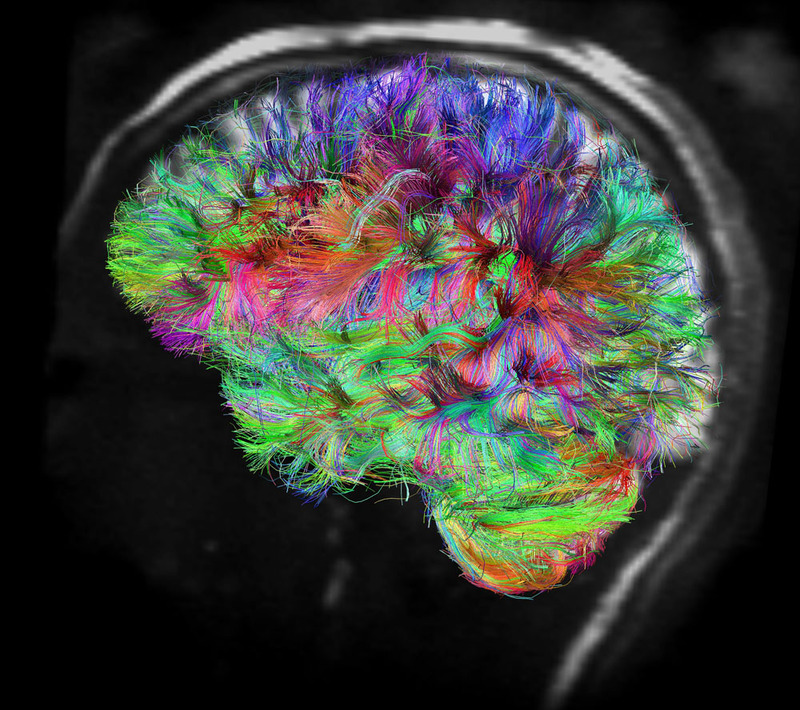Photo: Courtesy of Human Connectome Project.
There isn’t a week that passes by without information on Artificial Intelligence (AI) making the headlines of the major newspapers or magazines. You don’t need to be a computer specialist to realize that something big is happening, changing profoundly the computer world and with it, the society in which we live.
The business community is becoming increasingly aware that AI could disrupt their markets, but as their leaders aren’t usually knowledgeable on the matter, no one knows what to do next. Should their company be an early AI adopter, at the risk of spending on unnecessary technology? On the other hand, should they wait for their competitors to launch the first strikes into AI and then develop an adapted response whenever the technology is more mature, at the risk of getting there too late?
Artificial Intelligence revolution is happening now
The vast majority of these managers, who may have an understanding of classical computing, feel overwhelmed by the complexity associated with AI. Until recently, this wasn’t a problem as they thought disruptions created by AI, would most likely be dealt by their successors or affect other industries. However, important new developments in AI, won’t allow them to retire peacefully without having to tackle head on the AI revolution.
For instance, the latest algorithm developed by Google’s Deepmind division, which is inspired by the brain’s plasticity enabling artificial neural networks to learn from previous problem-solving processes, comes immediately to mind. Why is such development so important? Well, it takes care of the so-called “catastrophic forgetting” problem, and will allow machine learning to benefit from experience.
Embracing the AI revolution
On the other side of the AI knowledge spectrum, there is a growing group of young individuals that are embracing this AI revolution. Lots of these “20 something” with AI knowledge has great ideas but seem to lack business experience. However, they are still telling us that they’d rather launch their own business than integrate big companies where their know-how wouldn’t be at the core of their firm’s success.
This makes it difficult for corporations to tap into this pool of talent, which could have been one easy way of dealing with the AI issue. Unfortunately, big corporations whatever the department, must now decide how to tackle this issue, even without in-house expertise. Indeed, it would be a mistake to believe that only Marketing needs to deal with techniques such as deep-learning that are essential to sales and advertising.
The fact is that positions perceived as far remote from the IT world, are now among those impacted the most severely by new AI technologies. For example, who would have thought only a few years ago, that lawyers, physicians or logistic managers would need to work with AI technologies?
The reality is that AI is coming big time and will affect every company and every position, regardless of whether their market sector is technology driven or not.
S. Van Themsche
Helping bridge the generational gap in understanding AI
We are seeing a deepening fracture along a generational line and have decided to bridge this generational gap. On the one hand, nTEG through its dedicated partners, will support a few start-ups. By bringing a wealth of business experience, during the critical first years, nTEG will provide the necessary guidance to these fast learner young entrepreneurs, so that they can focus on their critical business issues.
On the other hand, we are committed to educating top managers about the issues and potential benefits to be expected from AI. The purpose of this forum is to disseminate cognitive computing ideas and concepts within the business world.
This blog is based on ideas originating the now published book called “What’s on their mind?”
At the core of this book lies two strong beliefs: Artificial General Intelligence (AGI), an AI stage where machines are as intelligent as human beings, is both unavoidable and happening sooner than later; To get to AGI, computer science will have to mimic more and more the human brain.

